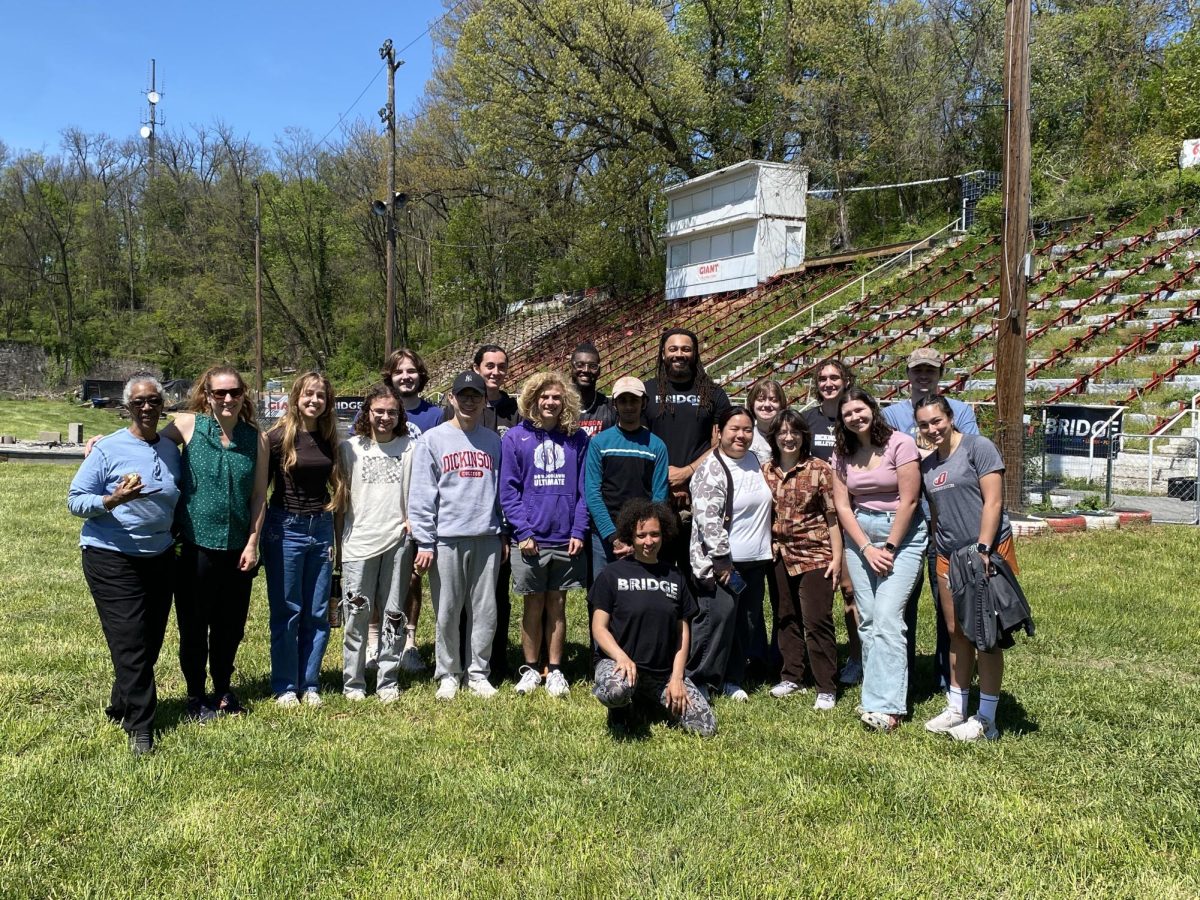In May of 1974, German artist Joseph Beuys performed his (soon to be most well-known) work, “I Like America and America Likes Me.” He was transported to a gallery via ambulance, where a wild coyote awaited him. For three consecutive days, eight hours a day, he coexisted with the coyote; at first, the coyote was hostile to the artist, but by the end of three days, both the coyote and Beuys were comfortable with each other’s existence.
I write this on November 6, the day after the Presidential Election. Today, I find myself drawn to “I Like America and America Likes Me.” In this piece, the coyote represents America as a whole while Beuys is an immigrant. Through mutual understanding and collaboration, Beuys and the coyote can exist together, united as one. Beuys hoped for coexistence between him and the American people, one without hostility and violence.
Where has Beuys’ hope gone?
America doesn’t like me, that’s for sure. There’s a deep hatred embedded in our country. It seeps its way into the minds of the vulnerable, of those who are looking for someone to blame. Someone to blame for the economy, for why they got laid off, why they’ve submitted hundreds of job applications with no response. For why their grandparents are sick, why their little sister can’t read past a fifth-grade level. They look for someone to hate, to point a finger and say “yes, that group over there!” is why their problems exist. Yesterday, too many people chose to embrace that hate, rather than questioning how that hate is made.
Today the coyote does not become comfortable. Despite our best efforts, the coyote is still hostile. It still bares its teeth, lashes out, snarls at those who need protection the most. There is no coming back from this; there ceases to be a world where we can live peacefully with the coyote.
Maybe tomorrow or next week I’ll be back on my feet. I’ll go back to my job and do the same things I’ve always done. But I’ll always be thinking about that coyote, and the coexistence that slipped from our grasps.




